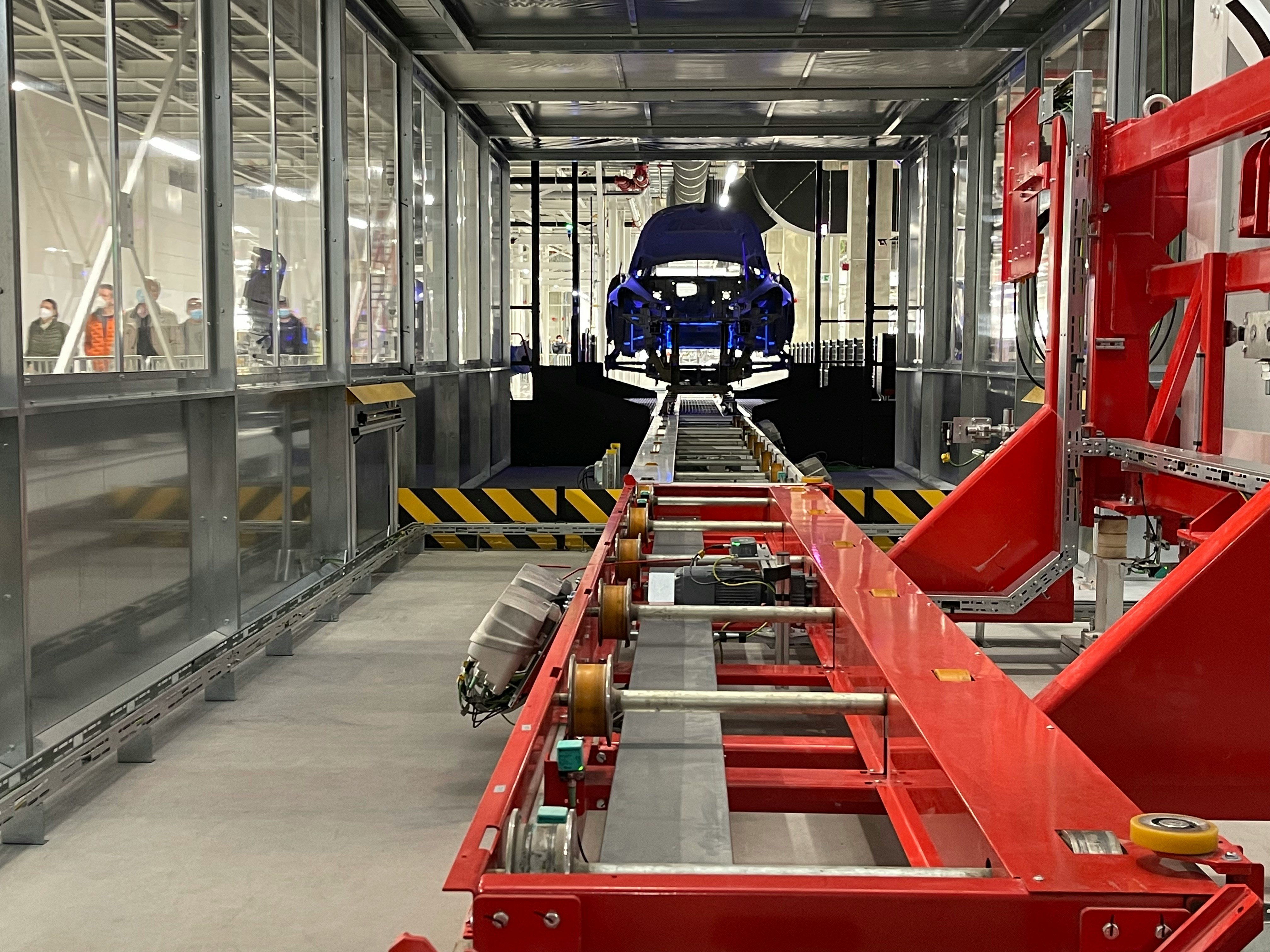

If you’ve been an active reader of CoreX Insights over the past year, you’re well aware of our thoughts on Agentic AI. Yes, we discuss the subject more than most. But when a brilliant member of the leadership team -- in this case, our own Head of Industrial Solutions, Fritz Byam -- discusses big wins with experts from ServiceNow and NVIDIA, it's important to revisit the topic.
Here are some key takeaways from the recent ServiceNow webinar, AI Agents in Industrial Operations: The Future of Industrial Automation. (Note: Registration is required to view the replay.)
When Machines Start to Think
Sri Subramanian, GenAI for Automotive at NVIDIA, painted a fascinating picture of how AI agents differ from the automation we've grown accustomed to. Traditional systems follow rigid scripts, like following a recipe step by step. AI agents, however, can actually reason through problems.
"They plan, reason, act, and learn," Sri explained. It's this ability to adapt and think through unexpected situations that makes them so valuable in manufacturing, where no two problems are exactly alike.
Ben Barker, Product Director, Technology Workflows Solutions, ServiceNow, centered the conversation on a simple truth: many companies have spent decades building automation systems that work well until something unexpected happens. Then they break down.
AI agents differ because they can handle complexity and continually improve over time. They learn from each situation, becoming more effective as they encounter new challenges.
To prove this isn't just theoretical, Fritz Byam from CoreX shared the story of a pilot project with a major automaker. The challenge was straightforward but critical: when production lines go down, how can they be brought back up as quickly as possible?
The solution they developed was elegant in its simplicity. They fed equipment manuals into NVIDIA's AI models, connected everything to the factory's operational systems through ServiceNow, and created a system that could provide instant troubleshooting guidance to floor operators.
The results spoke for themselves. What used to take hours of detective work now happens in minutes, sometimes seconds. Operators receive clear, step-by-step guidance tailored to the exact equipment they're working with and the specific problem they're facing.
What made this pilot successful wasn't any single piece of technology, but rather how different AI capabilities worked in harmony.
ServiceNow provided the detailed equipment data that formed the foundation for accurate AI responses. NVIDIA's powerful models could instantly search through thousands of pages of technical documentation. And ServiceNow's generative AI translated complex technical information into clear, actionable recommendations that operators could actually use.
This layered approach revealed something important: the real power of AI comes from thoughtful integration, not just impressive individual capabilities.
The Foundation That Makes It All Possible
All three experts consistently returned to the same crucial point: AI can only be as smart as the data it is fed.
Fritz put it perfectly: “Everyone wants to talk about the penthouse, but no one wants to talk about the concrete foundation.”
That foundation is accurate, up-to-date operational data. The automaker's pilot succeeded because it had invested in maintaining detailed, current information about their equipment. Without that foundation, even the most advanced AI would struggle to provide meaningful help.
Looking Toward Tomorrow
The conversation naturally turned to what comes next. Sri described a future that unfolds in stages: AI agents start by assisting human operators, then create digital twins of factory environments for better decision-making, and eventually enable more autonomous operations through advanced robotics.
Ben noted that some forward-thinking companies are already moving in this direction. Their AI systems can now detect problems, log incidents, and sometimes even resolve issues automatically, all before a human operator is even aware that a problem has occurred.
Fritz highlighted the business reality driving this transformation: every second of reduced downtime translates directly to cost savings. For manufacturers, investing in AI isn't primarily about staying current with technology, but rather about remaining competitive.
What This Means for Manufacturing Today
This webinar made it clear: The organizations that invest in quality data, thoughtful pilot projects, and scalable AI systems today will find themselves with significant advantages: faster problem resolution, more productive workforces, and operations that can adapt to whatever challenges come next.
As Ben summarized, “We're building solid foundations today so that in the near future, AI will transform operations the same way it's already transformed IT.”
For manufacturers dealing with retiring workers, rising costs, and increasingly complex operations, that transformation can't arrive soon enough.
--
Before you go, we have a lot of other thoughts on Agentic AI. Newcomers, I think you might want to start here. Then you might want to stop by over here. Then you can learn more here and here. And when it’s all said and done, you can see the amazing results in this video.



